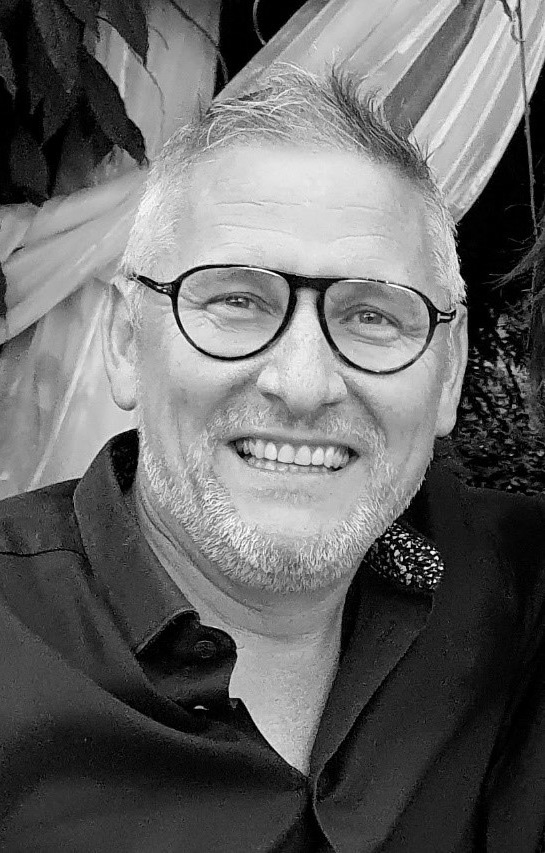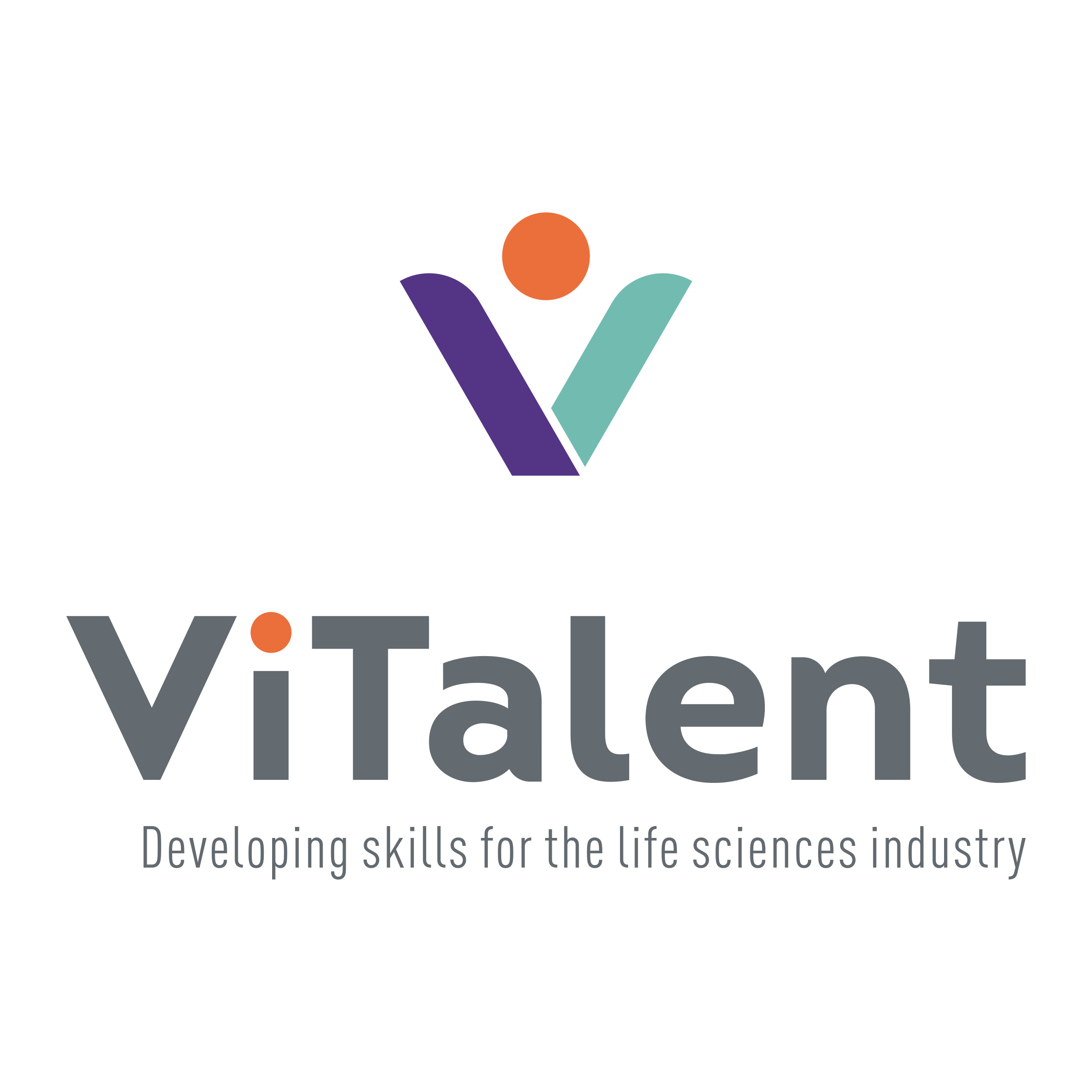The Chemistry in Health Innovation (+ Site Visit ViTalent)
ViTalent is located in the Science Park of the University of Antwerp in Niel. Spanning an area of 1,500m², it features classrooms, laboratories, practice rooms including a cleanroom—everything needed to realistically simulate working conditions in pharmaceutical and biotech companies.
- 17h45 Registration + Optional Sandwich Dinner
- 18h15 Optional Guided Tours at ViTalent
- 19h00 Welcome Address by Miranda Coppens, General Manager POM Antwerpen
- 19h10 Keynote Lectures with the following speakers
- Elise Pepermans (ImmuneSpec) - Immunopeptidomics, an MS-based tool to decipher the immune system
- Kris Bosch (essenscia) - Developing tomorrow’s talent – turning innovation into production
- Viggo Van Tendeloo (Johnson & Johnson) - Living drugs for Cancer: past, present and future
- 20h30 Tribute Ceremony
- Chemistry Europe Fellows Award
- Laureate Kristof Van Hecke (UGent) - From crystal to 3D structure: photodynamic “smart” crystals
- KVCV-SRC Incentive Awards
- Laureate Ibrahim Khalil (KU Leuven) - Highly dispersed metal on zeolite catalysis for the production of biobased monomers
- Laureate Enrico Cadoni (UGent) - Light-triggered Precision Ligations of Nucleic Acids Through Tailored Singlet Oxygen Generation
- Honorary Members KVCV
- Chemistry Europe Fellows Award
- 21h15 Networking Reception
- KVCV member: €13
- KVCV student member: €5
- Regular: €22
- (PhD) Student: €9
Fees optional items
- Parking ticket: €3 per car
- Sandwich Dinner: €7 (order before December 10)
Here, we showcase intriguing examples of photomechanical molecular single crystals that respond dramatically to UV light. These crystals exhibit controllable behavior, such as bending-shape recovery, and even violent splitting or jumping - phenomena known as "photosalient effects." These reactions are driven by precise single-crystal-to-single-crystal (SCSC) [2+2] cycloaddition reactions.
What’s even more exciting is that we have discovered new molecular combinations that exhibit these effects not only under UV light but also in visible sunlight. These reactions allow the rapid photosynthesis of unique polymers directly within the crystal structure, offering a sustainable pathway for material synthesis.
Our findings highlight the untapped potential of these light-responsive materials for future technologies, offering a glimpse into how molecular crystals could power innovative applications in smart materials, energy transformation, and beyond.
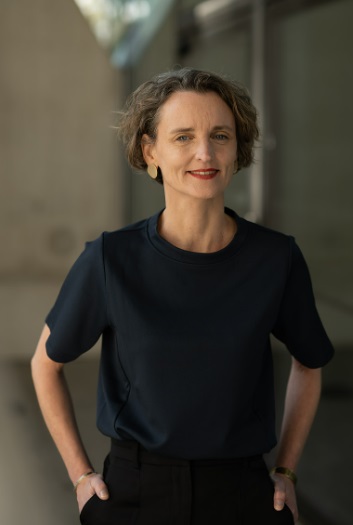 |
Miranda Coppens (POM Antwerpen) |
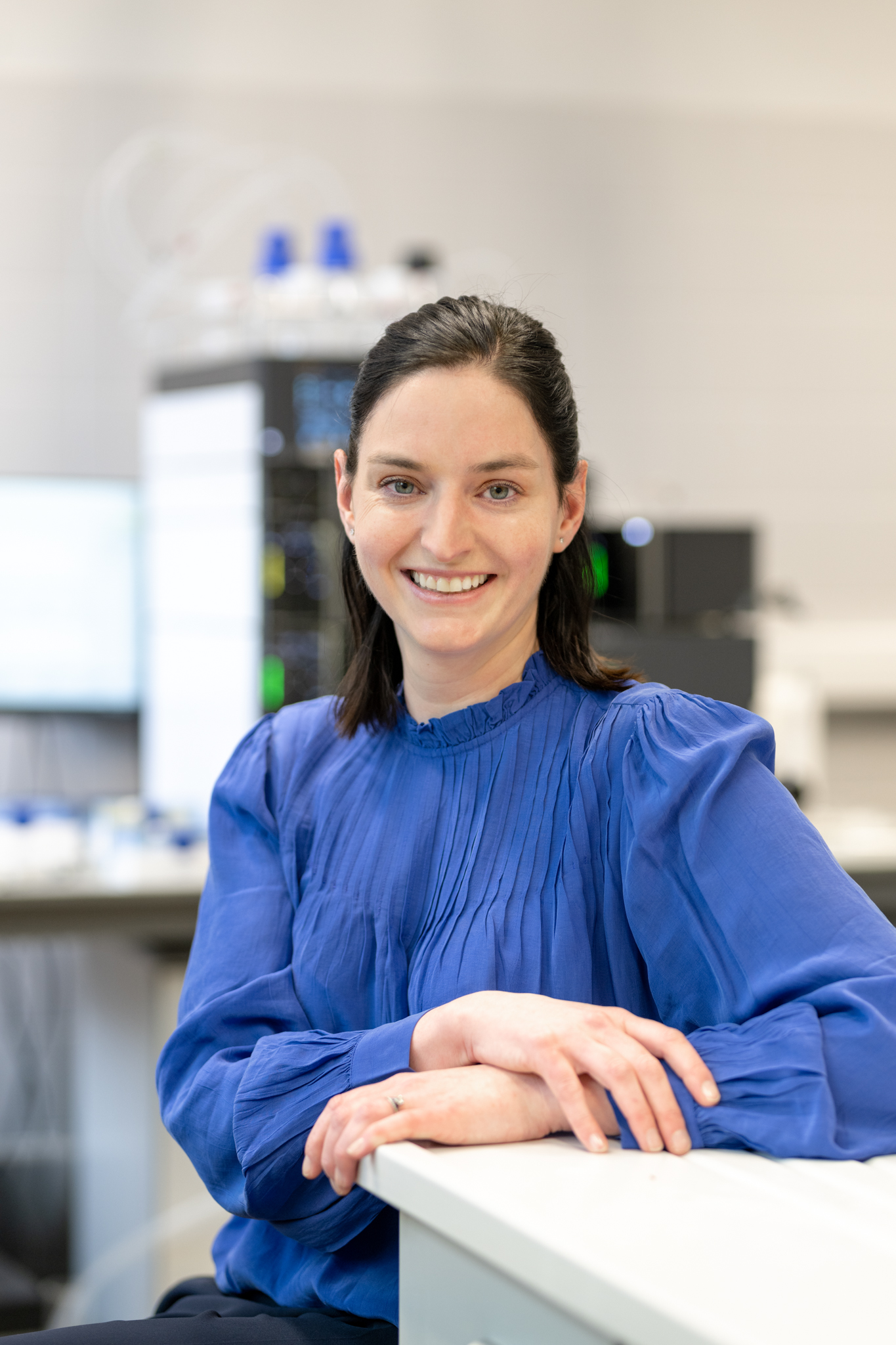 |
Elise Pepermans (ImmuneSpec) Elise Pepermans obtained her PhD in Biochemistry in the Pasteur Institut in Paris. During her post-doc in the Center for Proteomics (University of Antwerp/Flemish Institut for Technological Research) she developed an optimized sample preparation workflow for advanced immunopeptidomics. Since March 2023, she is one of the co-founders of ImmuneSpec, an advanced immunopeptidomics biotech company that offers high-sensitive immunopeptidomics as a service, thereby making this technique available to all biotech companies and researchers. |
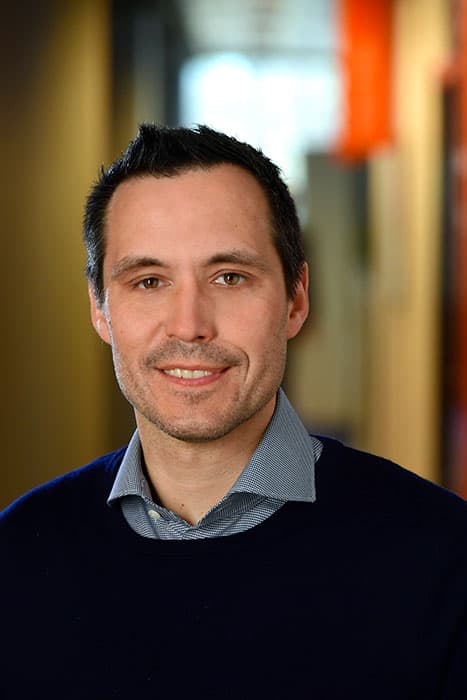 |
Kris Bosch (essenscia) Kris Bosch is advisor education and labour market at essenscia, the Belgian sector federation of the chemical and life sciences industry. The organisation represents the specific interests of companies active in chemicals, plastics, pharma and biotech. Before joining essenscia, Kris held various HR and project management roles at sector company BASF, Brussels Airlines and Canadian NGO Right To Play. In his role at essenscia, Kris places a strong emphasis on the efforts that need to be made by education and industry to work more closely together, and on the regulatory framework that needs to be created to facilitate such a collaboration. |
|
|
Viggo Van Tendeloo (Johnson & Johnson)
Viggo Van Tendeloo is part of the Johnson & Johnson Innovation team as an Early Innovation Partnering Director for the Benelux region. Within this role he focuses on the sourcing, screening and evaluation of opportunities and potential matches between internal and external research needs of high strategic value to Johnson & Johnson. In his previous role Viggo headed the EMEA Janssen Immunosciences team within the J&J World Without Disease Accelerator (WWDA) and the Lung Cancer Initiative (LCI) to drive new immunology drug targets towards NME stage. Viggo received a PhD in cell & gene therapy in 2000 at the University of Antwerp and was a full professor Cellular Immunotherapy at the Laboratory of Experimental Hematology of the University of Antwerp (2007-2023). He is co-founder of the first FAGG approved Center for Cell Therapy and Regenerative Medicine (CCRG) at the Antwerp University Hospital where he served as the scientific director until 2012 and later as Lab Director, Immunomonitoring & Translational Research. His team pioneered and successfully developed an autologous mRNA-engineered dendritic cell cancer vaccine for acute myeloid leukemia patients. He has authored over 150 publications (h-index of 54), several books and book chapters.
|
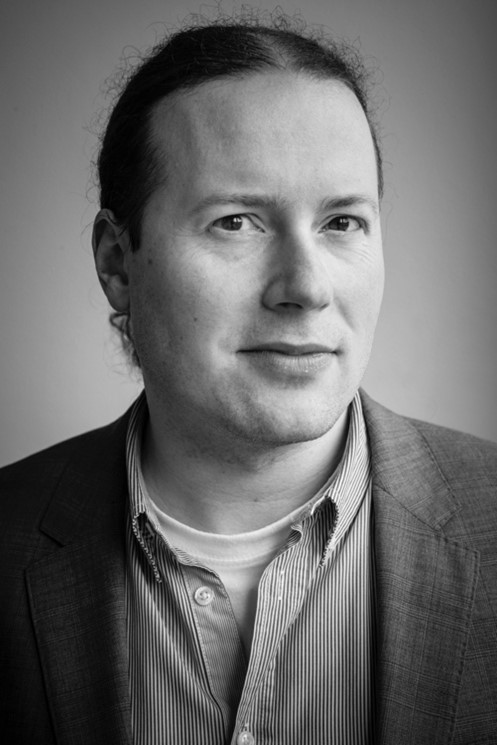 |
Kristof Van Hecke
Kristof Van Hecke is professor at Ghent University. His research group XStruct specializes in crystallization and structural analysis by X-ray diffraction. Among other methods, he uses these techniques in his research on the structure of new hybrid (nano)materials and flexible and photodynamic crystals as luminescent systems for optoelectronics and the conversion of light energy into mechanical motion. The applications of his research are endless, ranging from drug delivery to smart materials.
|
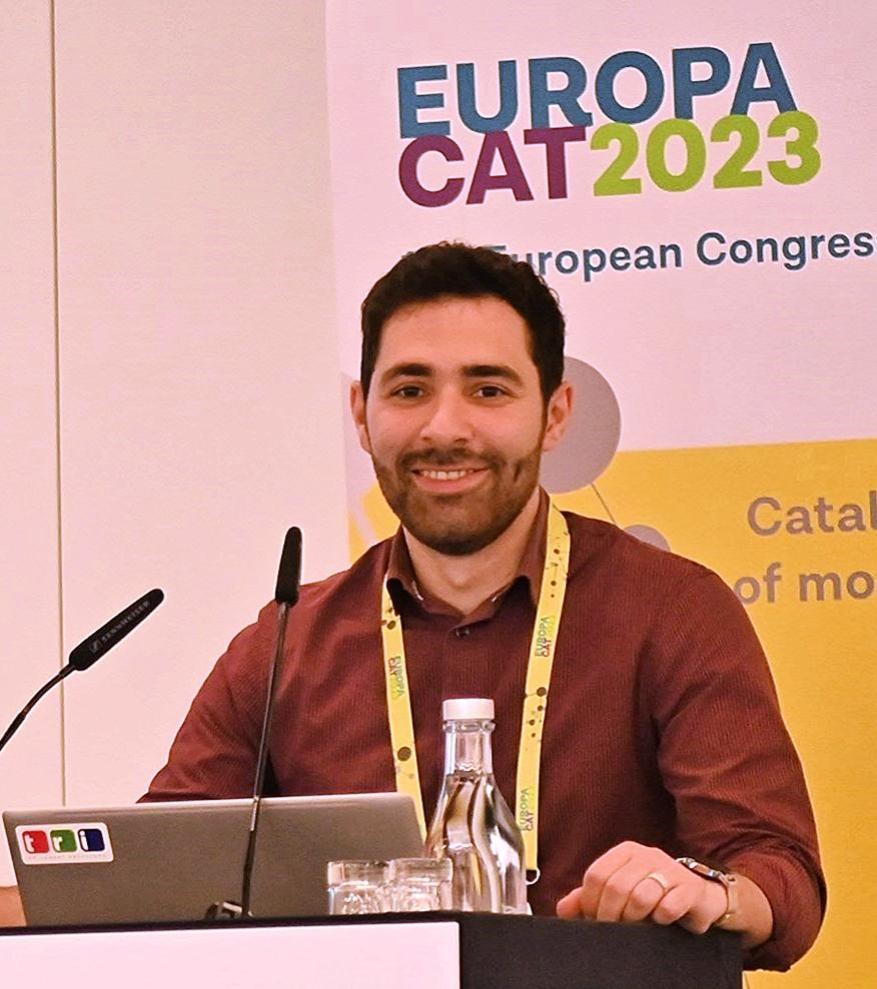 |
Ibrahim Khalil
Dr. Ibrahim Khalil (Ramieh, Lebanon) obtained his Bachelor's degree in Chemistry at the Lebanese University (2013) and his Master’s in Environmental Chemistry at the University of Poitiers (2015). In 2018, he obtained his Ph.D. in analytical and physical chemistry from Laboratory Catalysis and Spectrochemistry, developing a purification process for second-generation biofuels. Since 2019, he has joined the Dusselier lab at KU Leuven as a postdoctoral researcher, developing metal on zeolite catalysts for isomerization and hydrogenation reaction and FT-IR spectroscopy methods for solid catalyst characterization.
|
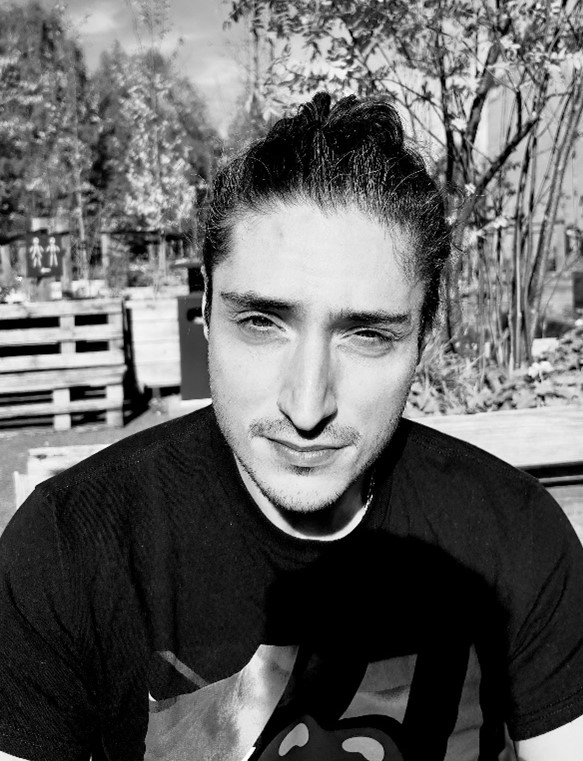 |
Enrico Cadoni
Enrico Cadoni graduated in Pharmaceutical Sciences from “La Sapienza” University of Rome in 2017. He later moved to Ghent University, where he obtained his PhD in Chemistry in December 2021. His scientific interests span from physical organic chemistry and photochemistry to chemical biology, with a primary focus on the study of genomic secondary non-canonical DNA structures, such as G-Quadruplexes (G4s). During his PhD and postdoctoral research conducted at Ghent University, he pioneered the concept of sequence-specific targeting of G4-structures, developing (photo)-chemical tools to precisely target and manipulate these biologically significant structures with molecular precision.
|

